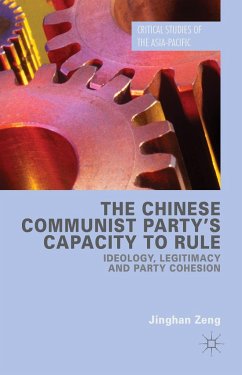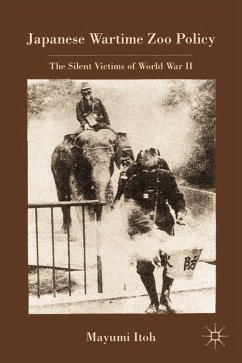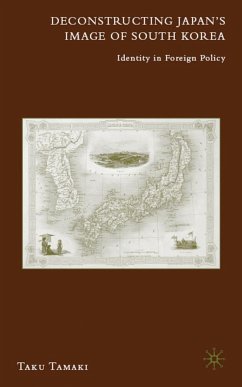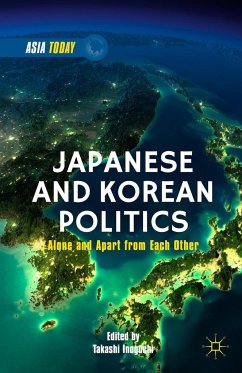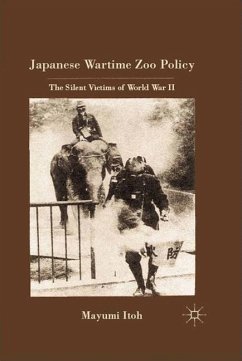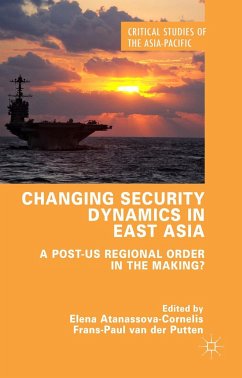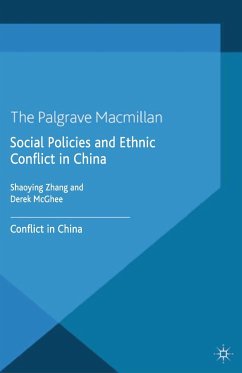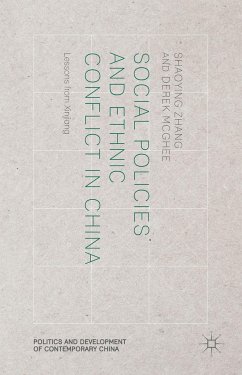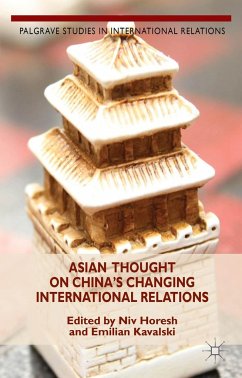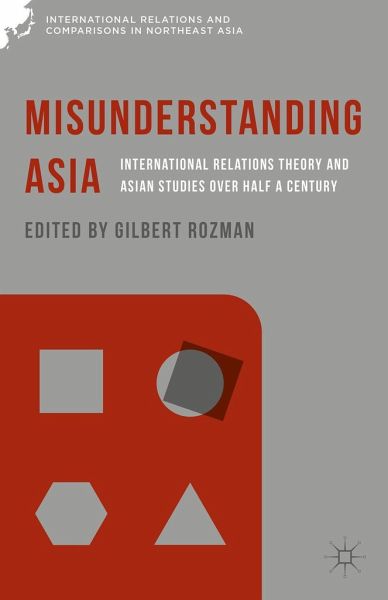
Misunderstanding Asia
International Relations Theory and Asian Studies Over Half a Century
Herausgegeben: Rozman, Gilbert

PAYBACK Punkte
19 °P sammeln!
In this volume, experts on East Asia focus on each of the past five decades to explain the weak predictive power of traditional IR theory as applied to the region and uncover the true forces driving change.



